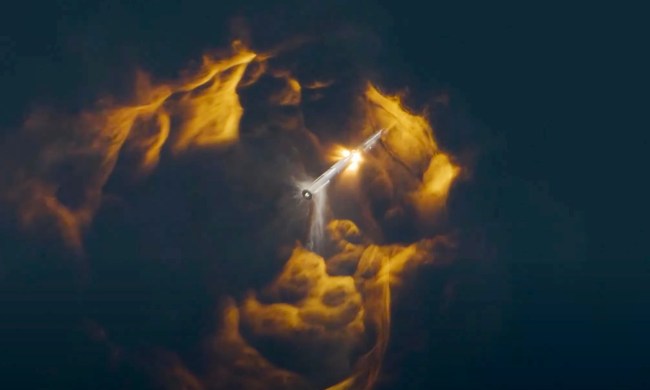Rocket Lab is making the final preparations for its first launch since July 5 when a problem during the second-stage burn caused the loss of seven satellites built by three companies.
The mission, called “I Can’t Believe It’s Not Optical,” will aim to deploy a 100kg-class microsatellite for San Francisco-based Capella Space, an information services company providing Earth observation data on demand.
When is the launch?
The launch of the Electron rocket is now scheduled to take place from Rocket Lab’s launch site on New Zealand’s Mahia Peninsula on Sunday, August 30 at 8:05 p.m. PT (3:05 p.m. local time on Monday, August 31).
The launch was originally scheduled for 8:05 p.m. PT on Saturday, August 29 (3:05 p.m. local time on Sunday, August 30), but had to be delayed by 24 hours due to ground winds. Two earlier launch schedules had already been postponed, also due to poor weather conditions.
Be sure to check Rocket Lab’s Twitter feed or Facebook page for the very latest information regarding the launch time.
Launch Update: Ground winds remain high at LC-1 tomorrow, so we're now targeting no earlier than Aug 31 UTC for the #ICantBelieveItsNotOptical mission. 🚀🛰️
Mission info https://t.co/zI36drt64x
Launch timing:
ET: 23:05, Aug 30
PT: 20:05, Aug 30
NZT: 15:05, Aug 31 pic.twitter.com/2RRwpxhDSl— Rocket Lab (@RocketLab) August 28, 2020
How to watch
You can watch the launch via Rocket Lab’s livestream on the company’s website or YouTube channel. The webcast offers not only the best views of the launch, but also useful commentary about the event as it unfolds. The livestream will become available around 15-20 minutes before the launch attempt. Rocket Lab says it will post links to the webcast on Twitter and Facebook when the webcast starts.
After July’s loss, which was put down to an “anomalous electrical connection,” space fans are rooting for Rocket Lab with this week’s launch attempt. Last month’s mission failure hit the team hard and prompted Rocket Lab CEO Peter Beck to post a personal video message in which he apologized to the customers who had satellites on board. He also expressed his determination to make a swift return to the launchpad.
Oh, and if you’re curious about where the mission name came from, according to Rocket Lab it’s a nod to Capella’s Synthetic’s Aperture Radar technology that provides high-quality images of the Earth day or night and in any weather conditions.
Update 29 August: Added information about delay to launch.


